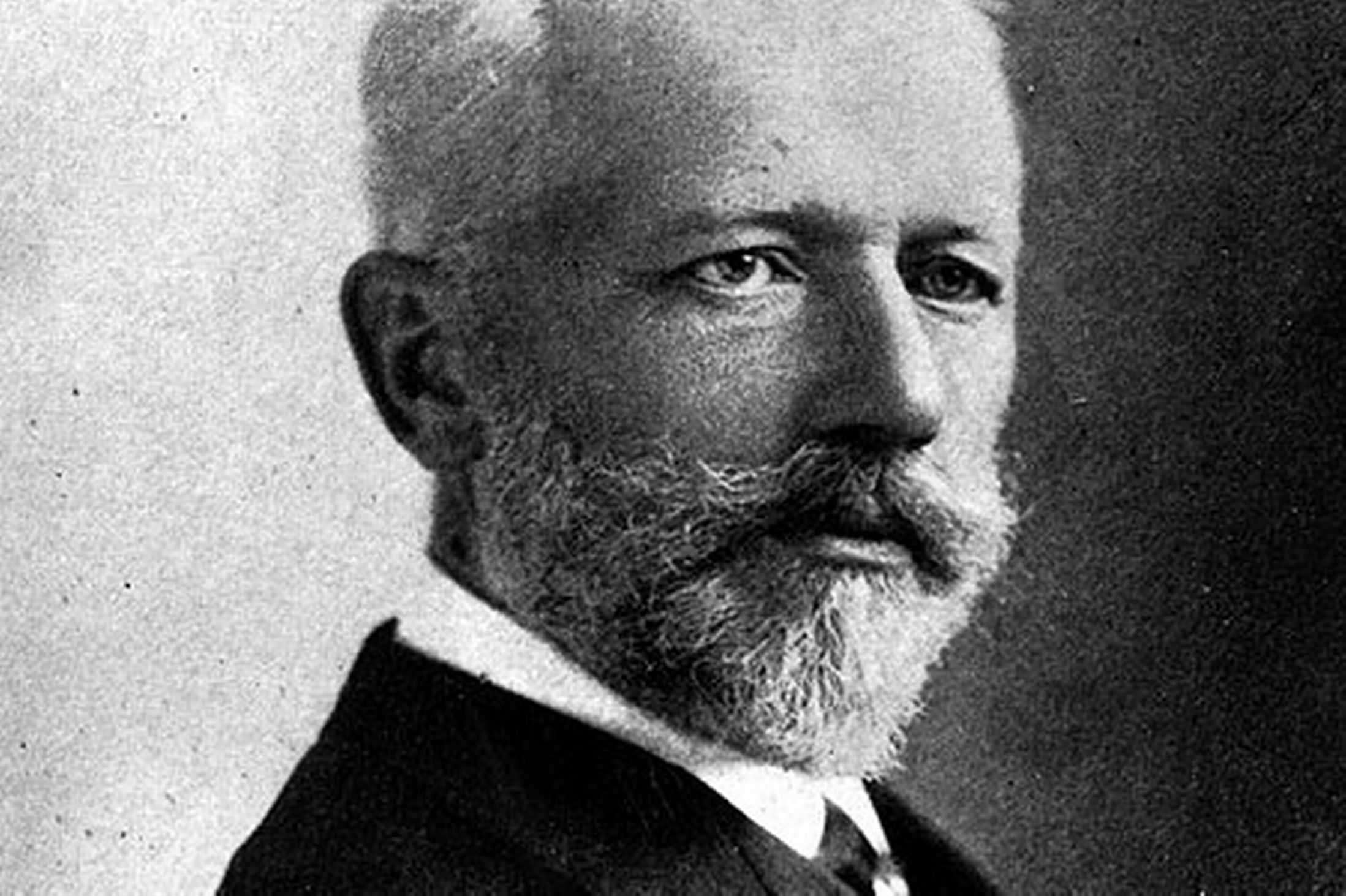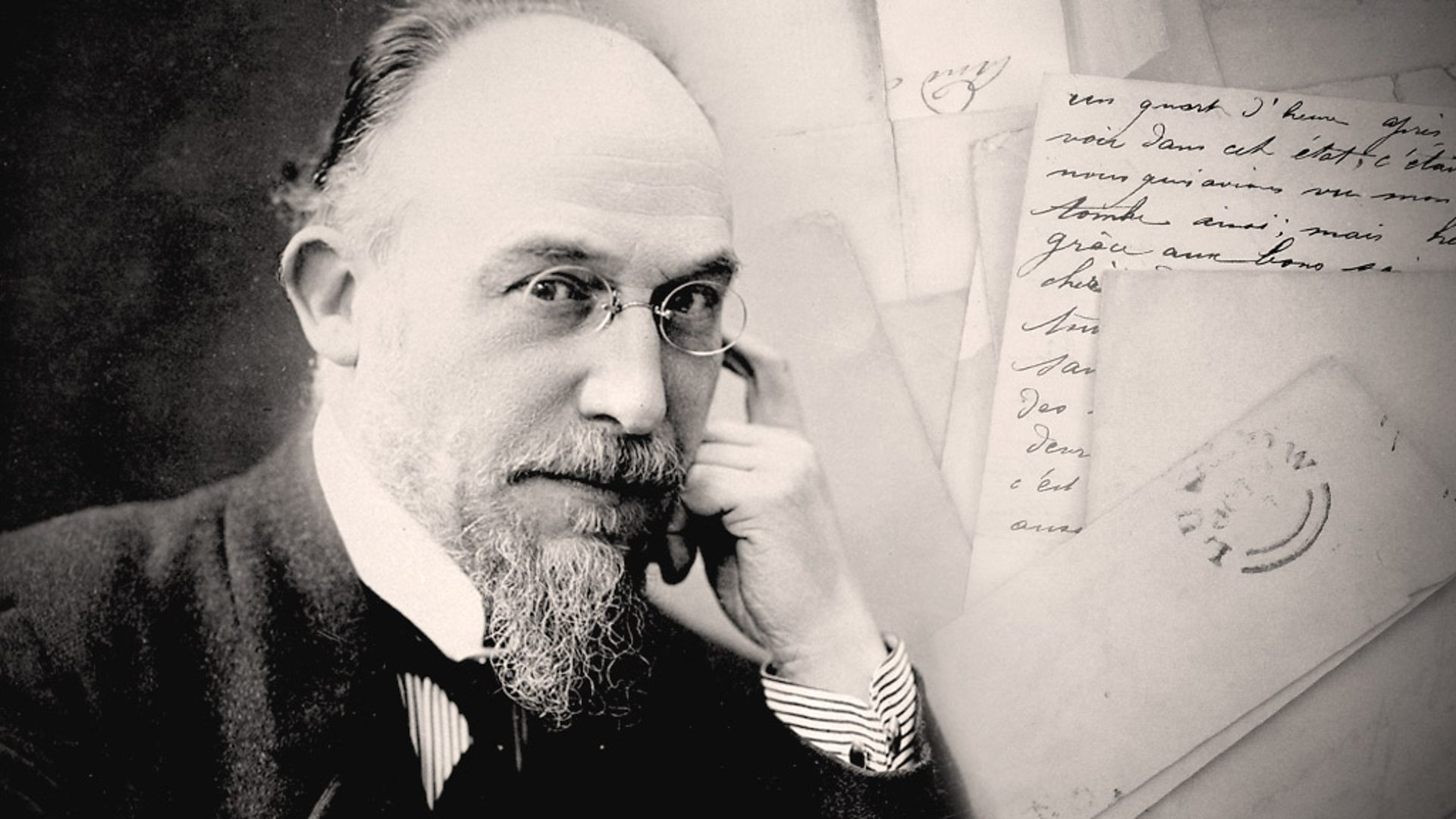Maria João Pires and the Poetry of Chopin
There’s a really interesting moment at the end of the middle section (più lento) of Frédéric Chopin’s Nocturne, Op. 48, No. 2 when the music stops. Throughout this section (which begins around the 2:40 mark), a recitative-like conversation between two contrasting voices has been unfolding. “A tyrant commands, and the other asks for mercy” is how Chopin described it. But then, with one haunting, heart-stopping chord (You’ll hear it at 5:02 in the clip below), all of the swagger …







